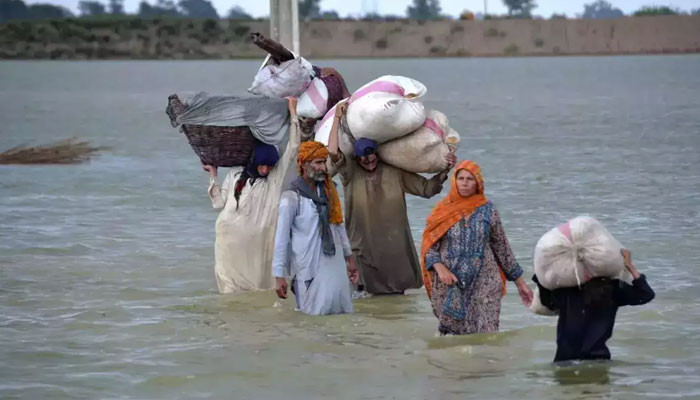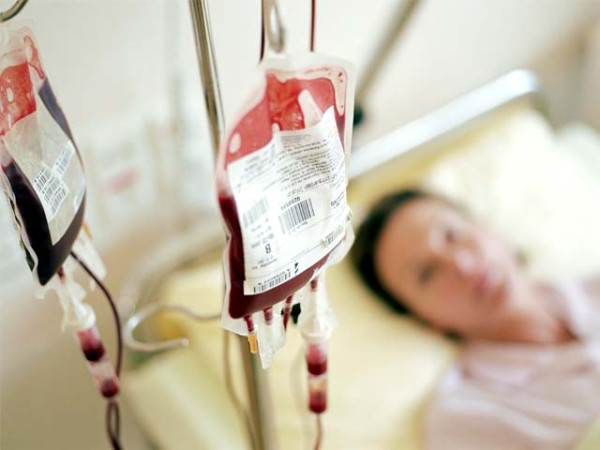
Human Rights Watch (HRW) has strongly welcomed the International Criminal Court’s (ICC) decision to issue arrest warrants for two of the Taliban's most senior officials, Supreme Leader Hibatullah Akhundzada and Chief Justice Abdul Hakim Haqqani, on charges of crimes against humanity rooted in gender-based persecution.
The rights group is now calling on the global community to support the enforcement of these warrants and assist the ICC in holding Afghanistan's de facto rulers accountable.
The ICC, based in The Hague, stated in a formal declaration that there is “sufficient reason to believe” that both Akhundzada and Haqqani bear criminal responsibility for orchestrating and enforcing policies that systematically stripped Afghan women, girls, and individuals with diverse gender identities of their basic human rights. These violations, the court said, have persisted since August 15, 2021, when the Taliban returned to power, until at least January 20, 2025.
Also Read: Four Killed in Mardan Armed Clash, Five Die in Dera Ismail Khan Road Accident
According to ICC judges, while the Taliban government imposed broad restrictions on the Afghan public, women and girls were particularly and deliberately targeted because of their gender. The court cited numerous decrees and practices that led to the denial of education beyond grade six, restricted women’s freedom of movement, blocked access to public spaces, and curtailed rights related to expression, religion, privacy, and family life. People whose gender identity did not conform to the Taliban's strict interpretation of Islamic law were also subjected to persecution.
“The ICC’s decision sends a powerful message that those who commit or authorize systematic repression will not escape accountability,” said Liz Evenson, Director of International Justice at HRW. She stressed the need for strong international cooperation to ensure these warrants are not symbolic. “Governments must support the ICC in executing these arrest warrants and advance ongoing investigations into war crimes and human rights abuses committed not only by the Taliban but also by ISIS-K, former Afghan forces, and U.S. military personnel,” she added.
HRW has previously accused the Taliban of operating under a system of “gender apartheid.” In a 2023 report, the organization described a pattern of gender-based crimes that included arbitrary arrests, enforced disappearances, and torture of women who protested or defied the regime’s restrictive policies. The Taliban, the report noted, have issued more than 100 decrees directly aimed at excluding women and girls from public life.
In response to the ICC's move, the Taliban have rejected all allegations. “This decision is baseless and absurd,” said Taliban spokesman Zabihullah Mujahid, adding that it would not deter the group’s “firm commitment to Sharia.” The Taliban have also dismissed the ICC’s jurisdiction, calling the move a politically motivated attack on Afghanistan’s sovereignty and values.
The ICC, created to prosecute war crimes, genocide, and crimes against humanity, lacks its own police force and relies entirely on member states to make arrests. The issuance of a warrant means that Akhundzada and Haqqani risk arrest if they travel to any of the court’s 124 member countries—but enforcement depends on political will. Past examples, such as the warrants issued for Russian President Vladimir Putin and Israeli Prime Minister Benjamin Netanyahu, have demonstrated the difficulty in apprehending sitting leaders or officials shielded by friendly governments.
The situation is further complicated by recent geopolitical developments. Just last week, Russia became the first country to officially recognize the Taliban government, a move that could complicate international coordination on enforcement of ICC warrants. Russia, like the United States and China, is not a party to the Rome Statute and does not recognize the court’s jurisdiction, making Taliban leaders potentially safer within the Russian sphere of influence.
Still, rights advocates say the ICC’s move is a watershed moment in the pursuit of justice for Afghan women and girls. “This is not only about the Taliban,” said Evenson. “It is about sending a message to regimes everywhere that gender persecution is a crime under international law, and it will not be tolerated.”
As Afghanistan continues to face international isolation, human rights organizations are urging governments not to legitimize the Taliban by overlooking their crimes.
HRW is pressing for further diplomatic and legal pressure, including sanctions, travel bans, and stronger backing of ICC mechanisms, to ensure that those responsible for systemic repression face real consequences.
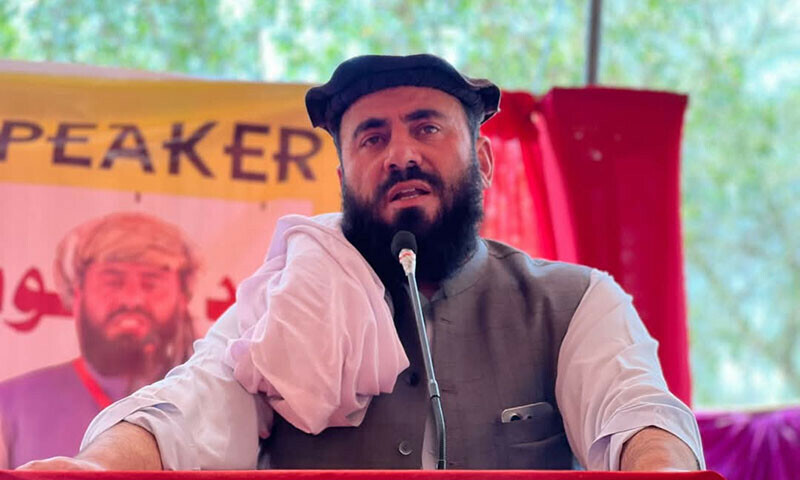
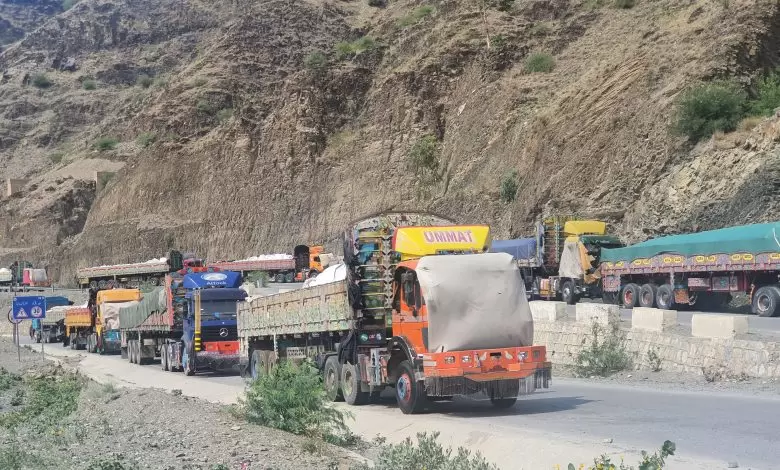
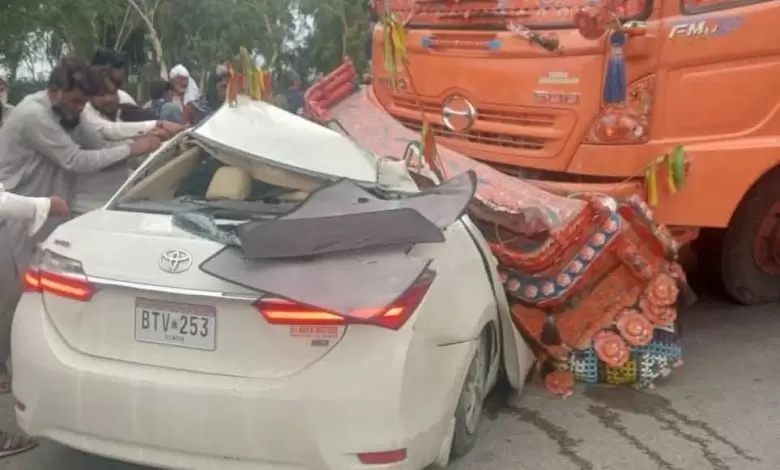

10 Jul, 2025
